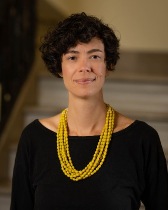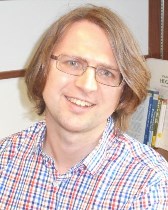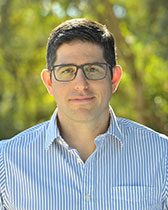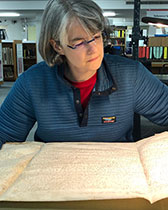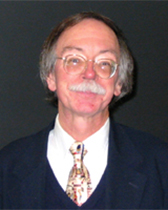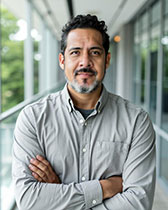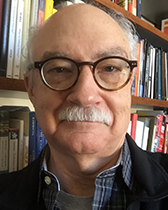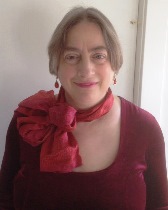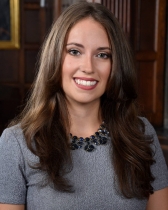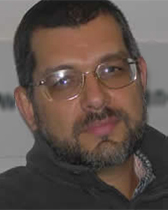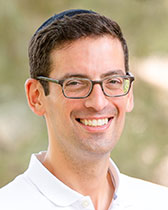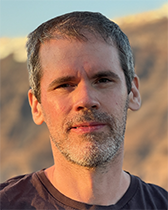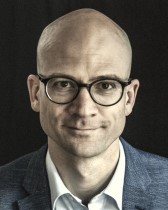Medieval and Early Modern European History

Related Programs:
European history from the eleventh through the eighteenth centuries encompasses vast changes, including the rise of cities, the Black Death, the split of Western Christianity and other religious conflicts, the origins of secular science, and the explorations that led Europeans to encounter dramatically different cultures in Africa, the Americas, and Asia. Historians of this period work in an interdisciplinary mode alongside scholars in Classics, Religion, Art History, English, Political Science, Science and Human Culture, and the foreign language departments. The interests of the faculty are diverse, and includes expertise in the history of religion, especially Christianity and Judaism, as well as in civic culture and the advent of modern science. Students in the field enjoy access to the library resources and seminar series at Chicago’s Newberry Library where the Center for Renaissance Studies offers programs ranging from Medieval through Eighteenth-Century topics.


